Young Sheldon Season 7’s Meemaw Twist Finally Explains A Big Bang Theory Plot Hole
Although Young Sheldon season 7 still has more plot holes to patch up, its latest episode seemingly explained Meemaw’s big character change in The Big Bang Theory. Young Sheldon’s entire cast of characters differs from their earlier incarnations in The Big Bang Theory. Mary is less bitter and judgmental in the spinoff, while Missy is much closer to her twin brother than she was in The Big Bang Theory. Georgie is more carefree than The Big Bang Theory’s version of Sheldon’s older brother, while Meemaw is more rebellious and free-spirited. However, the spinoff may have explained this last difference.
After Young Sheldon‘s season 6 finale saw Meemaw’s house destroyed by a tornado, she doubled down on her attempts to make more money from her illegal gambling room. Even though this was a risky decision, Meemaw opted to add a roulette table and convinced Georgie to help her operate this new attraction. This came back to bite her in season 7, episode 7, “A Proper Wedding and Skeletons in the Closet,” when the police raided the gambling room and caught Meemaw. Meemaw’s risky new plans for the gambling room finally fall apart, which explains her character change.
Meemaw’s Arrest Explains Her Big Bang Theory Personality Change
Young Sheldon’s Meemaw Sets Up Her More Mature Persona
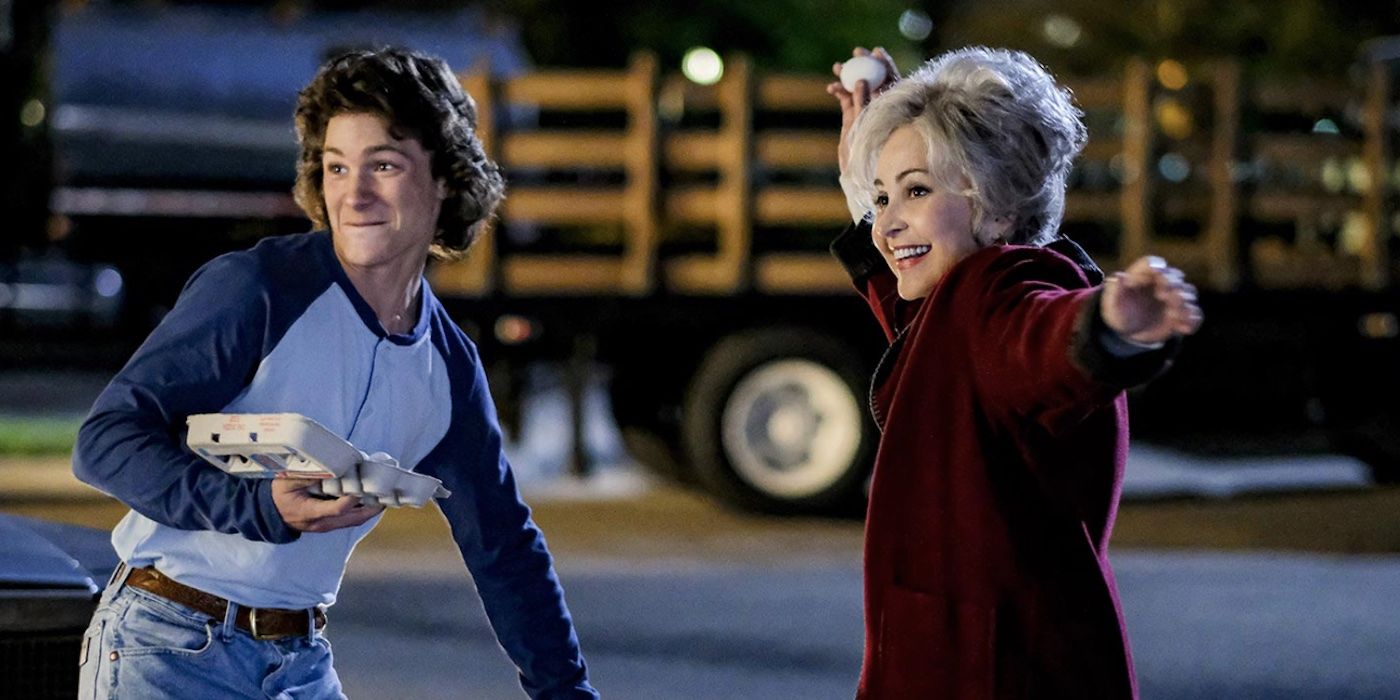
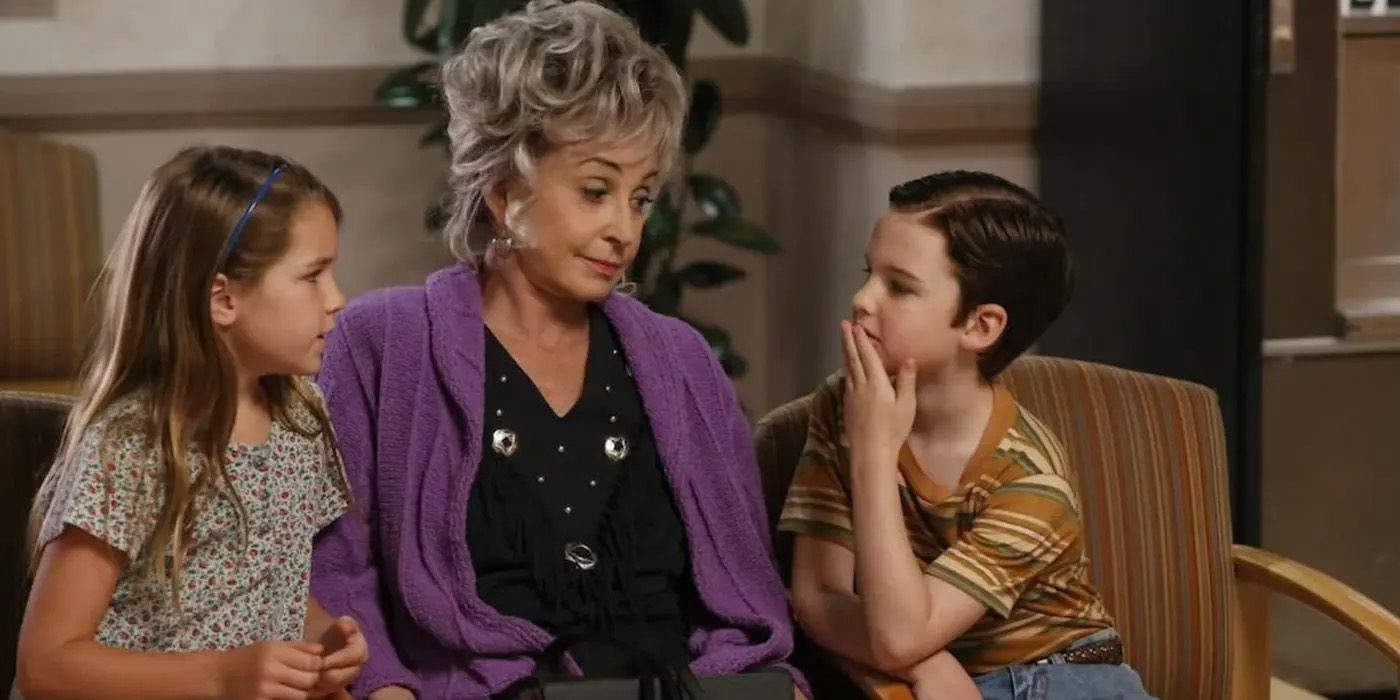
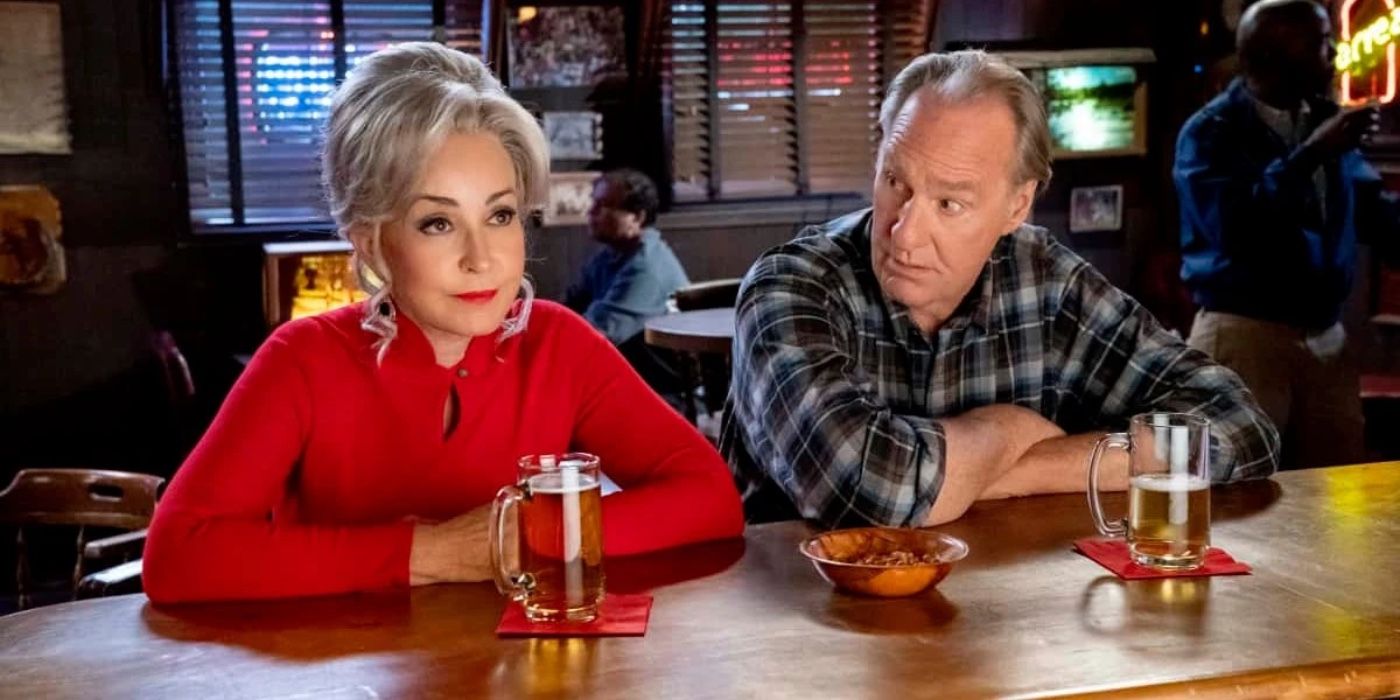
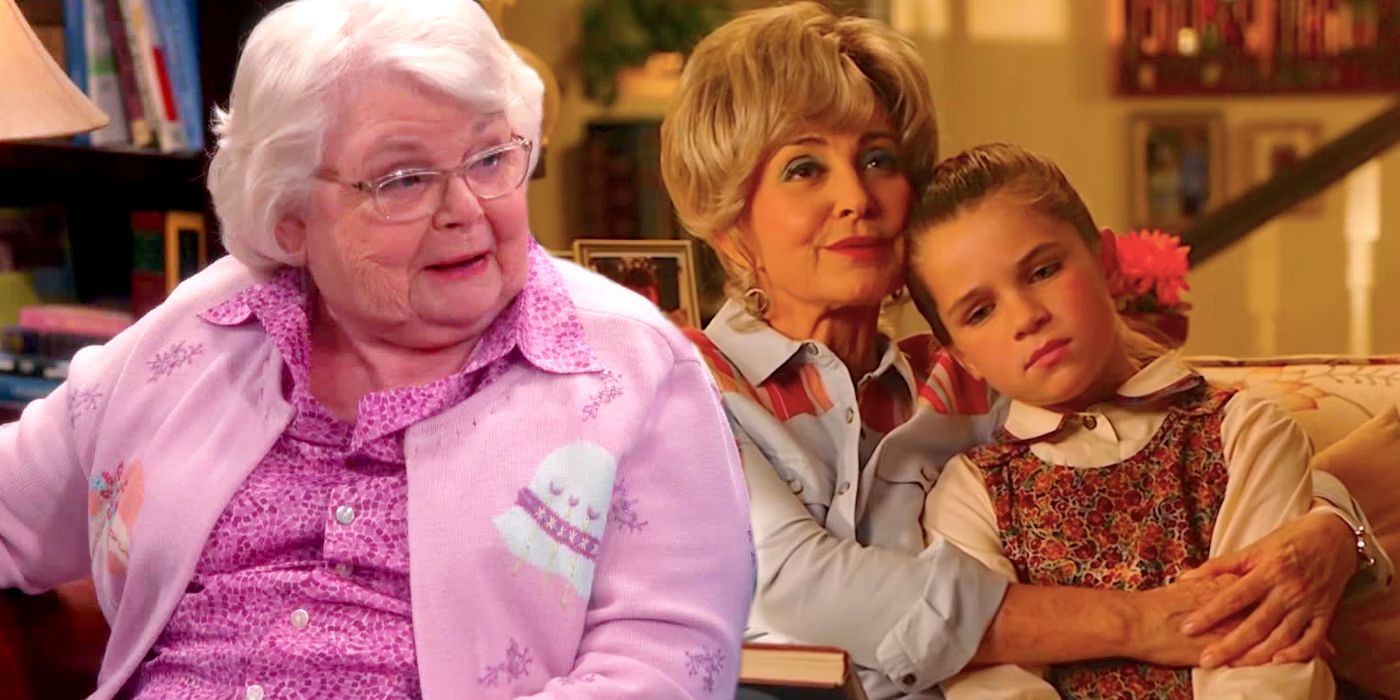
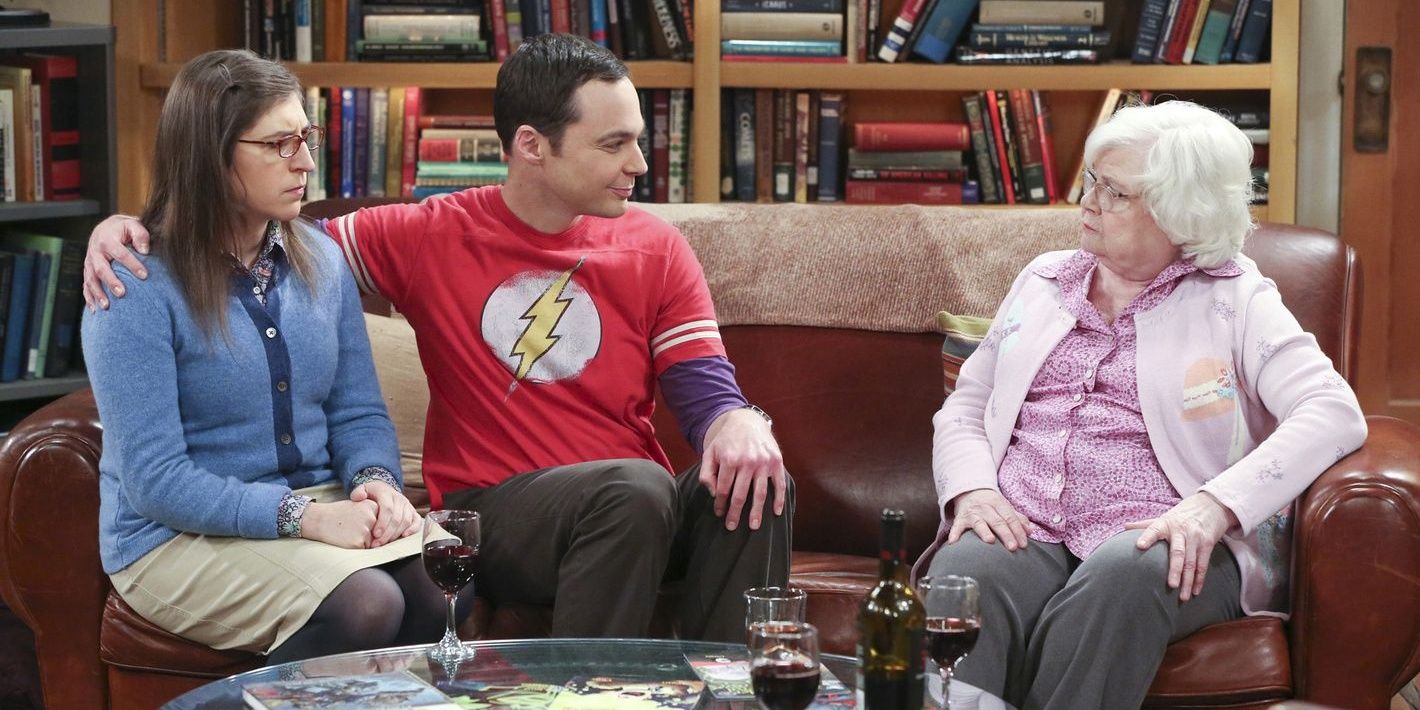





Getting arrested left the usually rebellious, high-energy Meemaw deflated and defeated when she returned home to pick up her things during the episode’s final scene. Meemaw was much more sedate and self-serious in The Big Bang Theory than she is in Young Sheldon, and this season 7 outing appears to explain why. While Young Sheldon contradicts The Big Bang Theory at times in season 7, the revelation that Meemaw was arrested for running the gambling room was both a much-anticipated conclusion to this long-running subplot and a fitting explanation for her new, less rambunctious personality in the earlier show.
In The Big Bang Theory season 9, episode 14, “The Meemaw Materialization,” Meemaw is portrayed as a stern Southern grandmother who initially doesn’t approve of Amy. This flies in the face of Annie Potts’s portrayal of a reckless, risk-loving version of Meemaw in Young Sheldon. “A Proper Wedding and Skeletons in the Closet” finally links both divergent versions of the character, since Meemaw’s arrest may have humbled her and forced her to keep a low profile. It is not yet whether Meemaw’s calmer attitude was all an act or the result of her being dispirited by the end of her criminal career.
Young Sheldon Season 7’s Meemaw Change Was Overdue
Meemaw’s TBBT and Young Sheldon Personalities Were Too Different
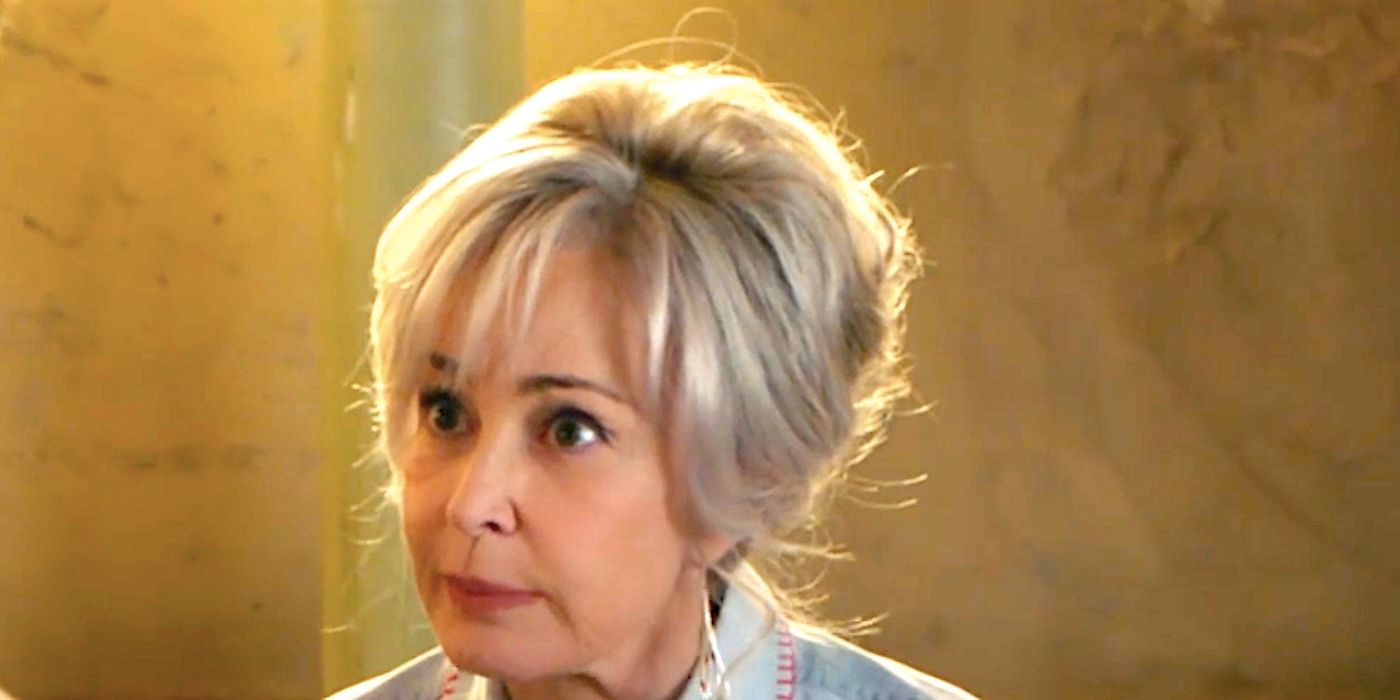
Much like Mary’s Young Sheldon season 7 story set up George Sr’s death, Meemaw’s arrest established the version of the character whom viewers met in The Big Bang Theory. It was fun and unexpected when Meemaw turned out to be a surprisingly fearless rebel early in Young Sheldon, but the spinoff needed to eventually explain what happened that caused her perspective to shift so dramatically between the two shows. The death of her son-in-law, George Sr, would have made sense, but may have been too downbeat. In contrast, Young Sheldon‘s explanation was a perfect justification for Meemaw’s The Big Bang Theory character shift.
Why George Sr’s Season 7 Death Couldn’t Explain Meemaw’s Character Change
The Impending Death Of Sheldon’s Father Must Impact Mary More Than Meemaw
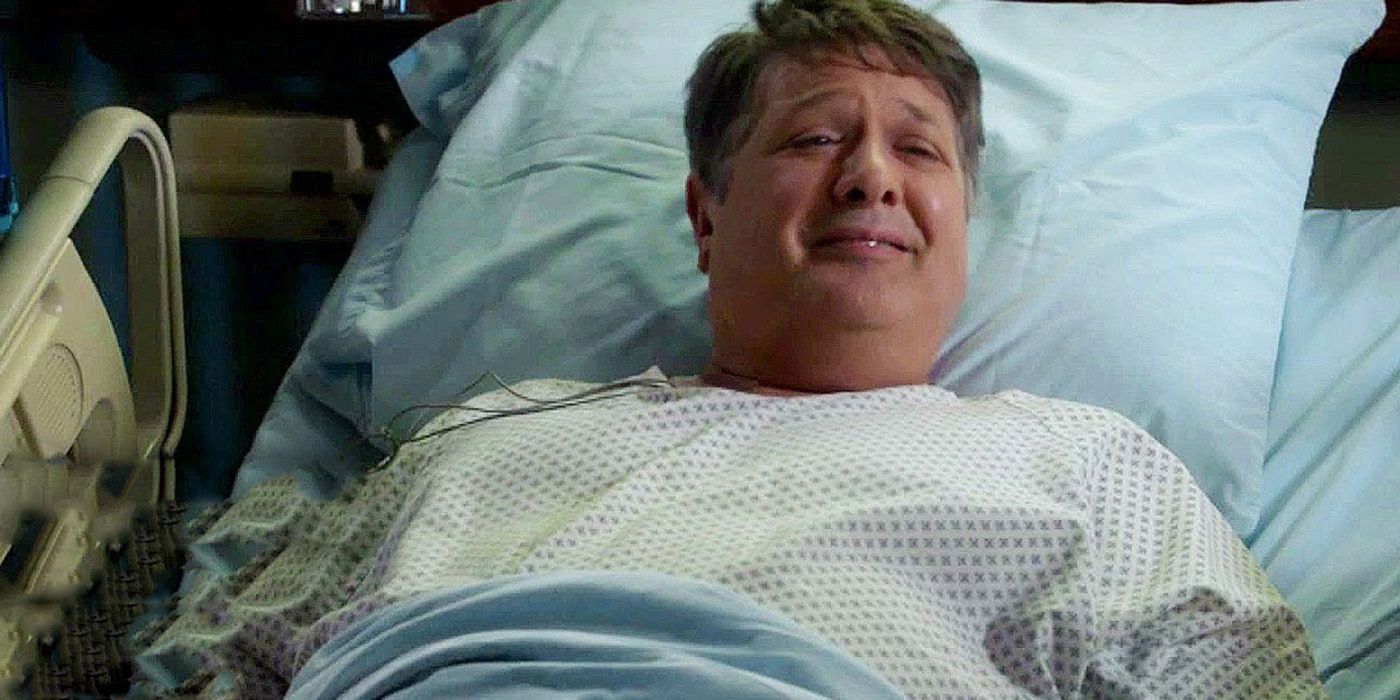


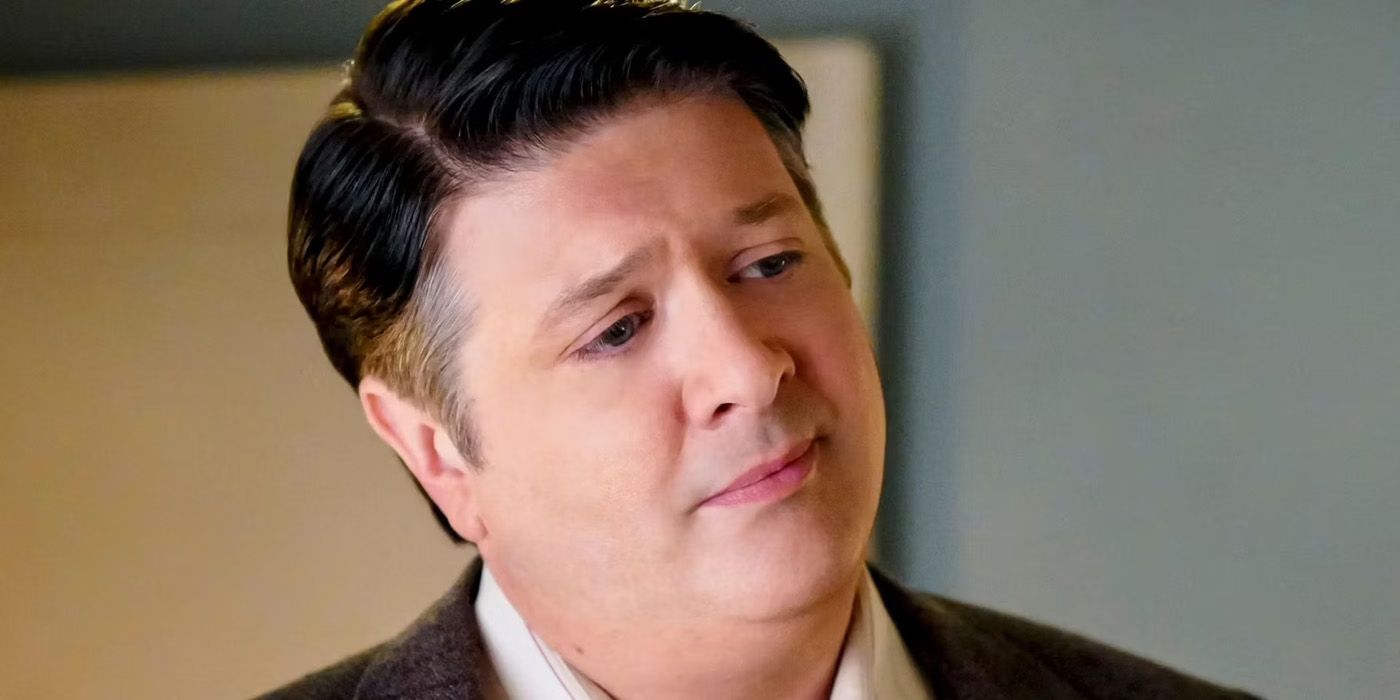
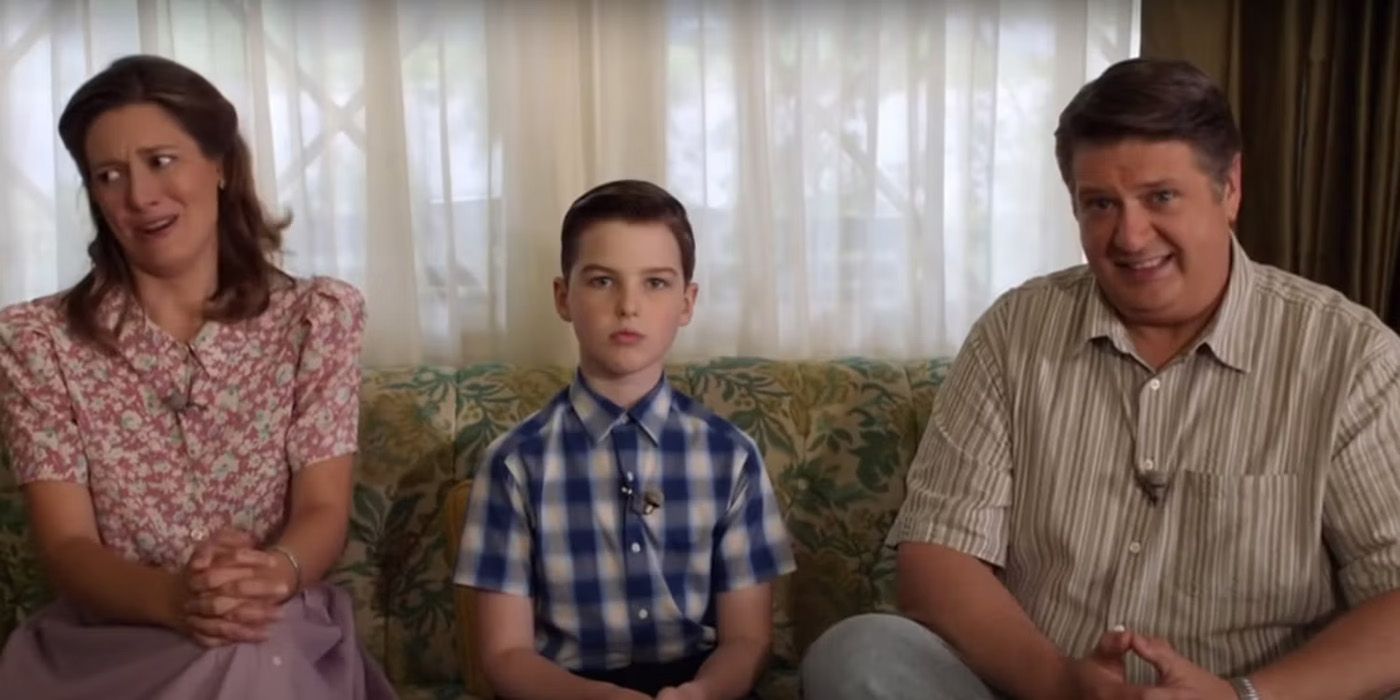





Although George Sr’s upcoming Young Sheldon season 7 death is one of the most important moments in the show’s story, there is a reason that this couldn’t be used to justify Meemaw’s dramatic character shift between shows. Viewers have noted that Young Sheldon’s version of Sheldon’s mother Mary is significantly less bitter, judgmental, and pious in her religiosity than her incarnation in The Big Bang Theory. Since Mary’s villainous Young Sheldon season 7 arc saw her return to church and ramp up her religious convictions, Mary’s intense faith could reasonably be partially attributed to George Sr’s sudden death.
Mary relied on her faith after losing her husband, so Meemaw changing her personality in response to George Sr’s death would detract from Mary’s character arc. Meemaw was never all that close to George Sr, who guiltily admitted that he found it funny when she was arrested. Moreover, she had already lost the love of her life when her romantic partner, Mary’s father Pop-Pop, died before the spinoff began. Thus, it would be odd and jarring for Meemaw to drop her rebellious streak after the death of her son-in-law when the earlier death of her own husband didn’t cause this reaction.
What Happens To Meemaw After Young Sheldon
Meemaw’s Role In The Big Bang Theory Proves She Changed A Lot

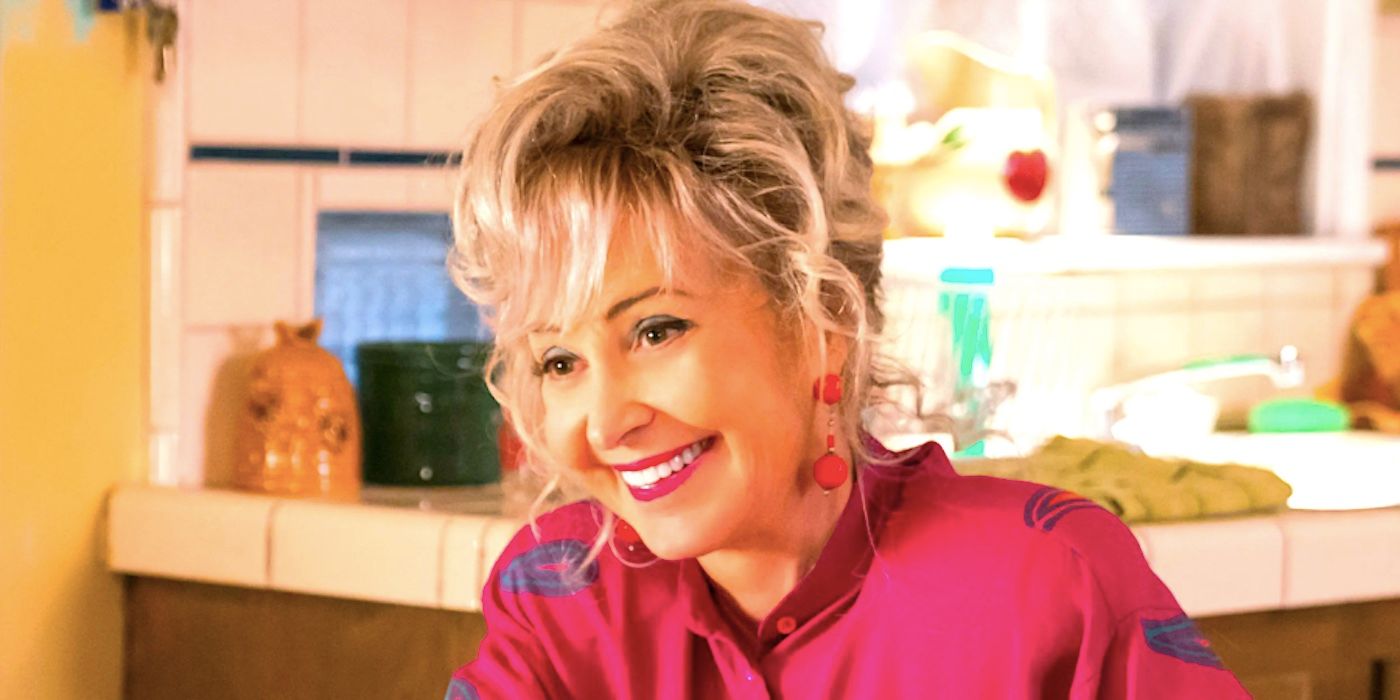
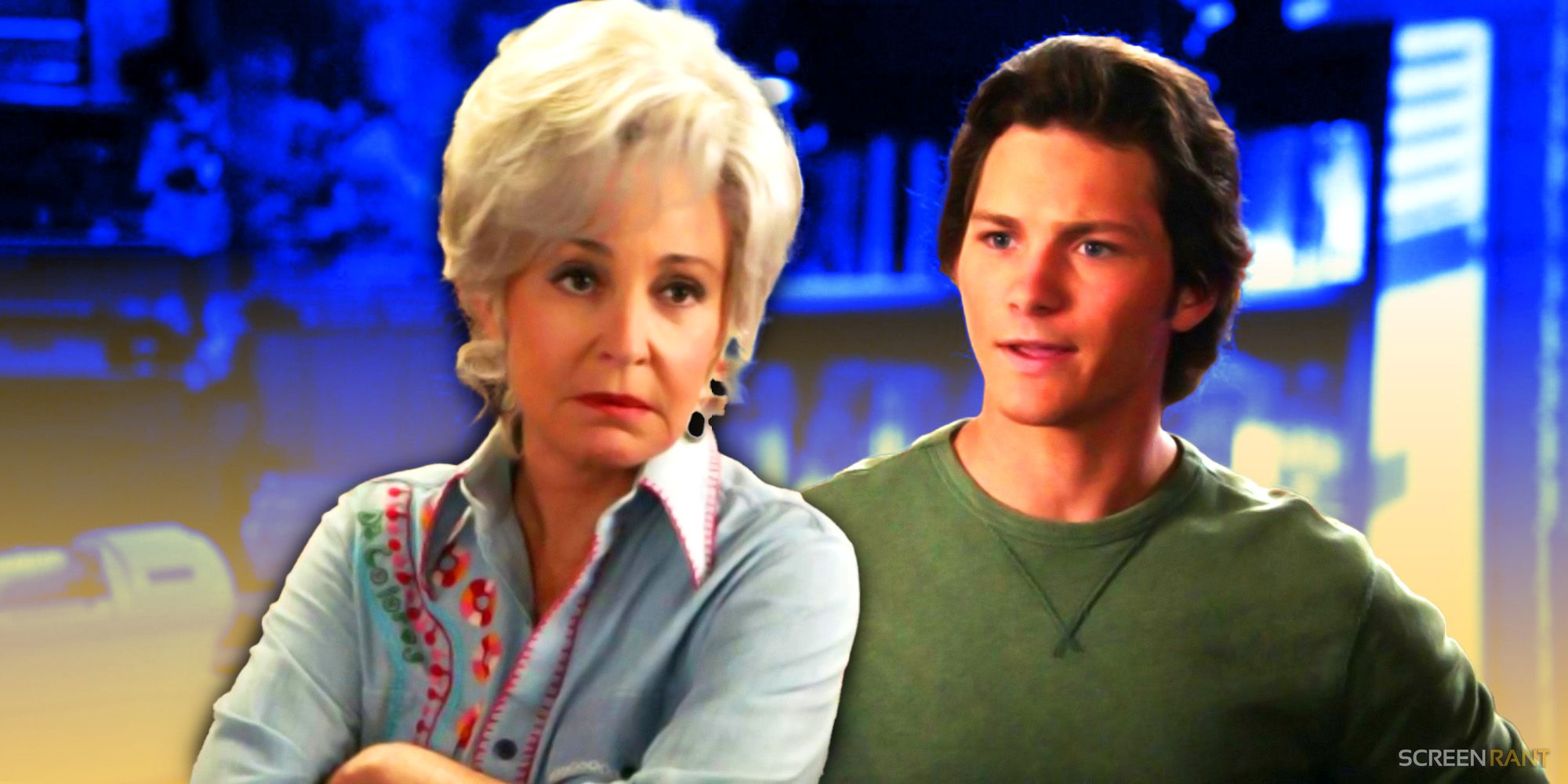
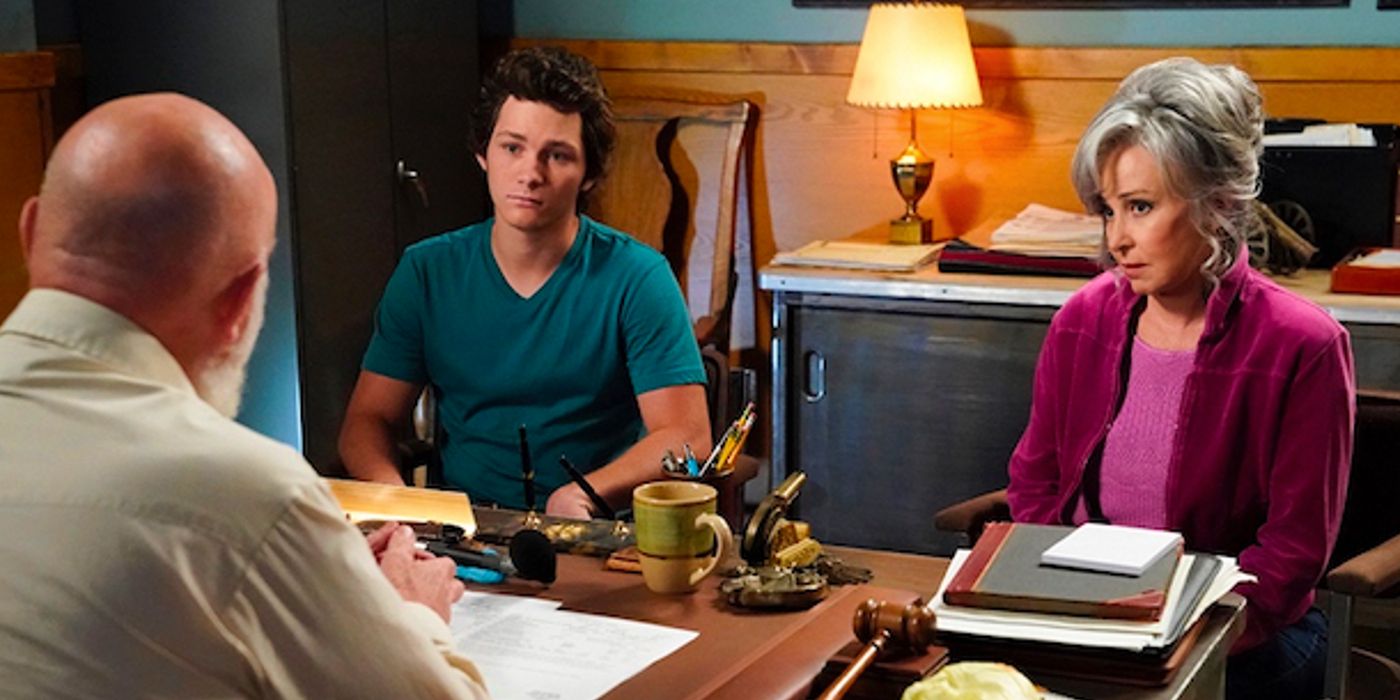
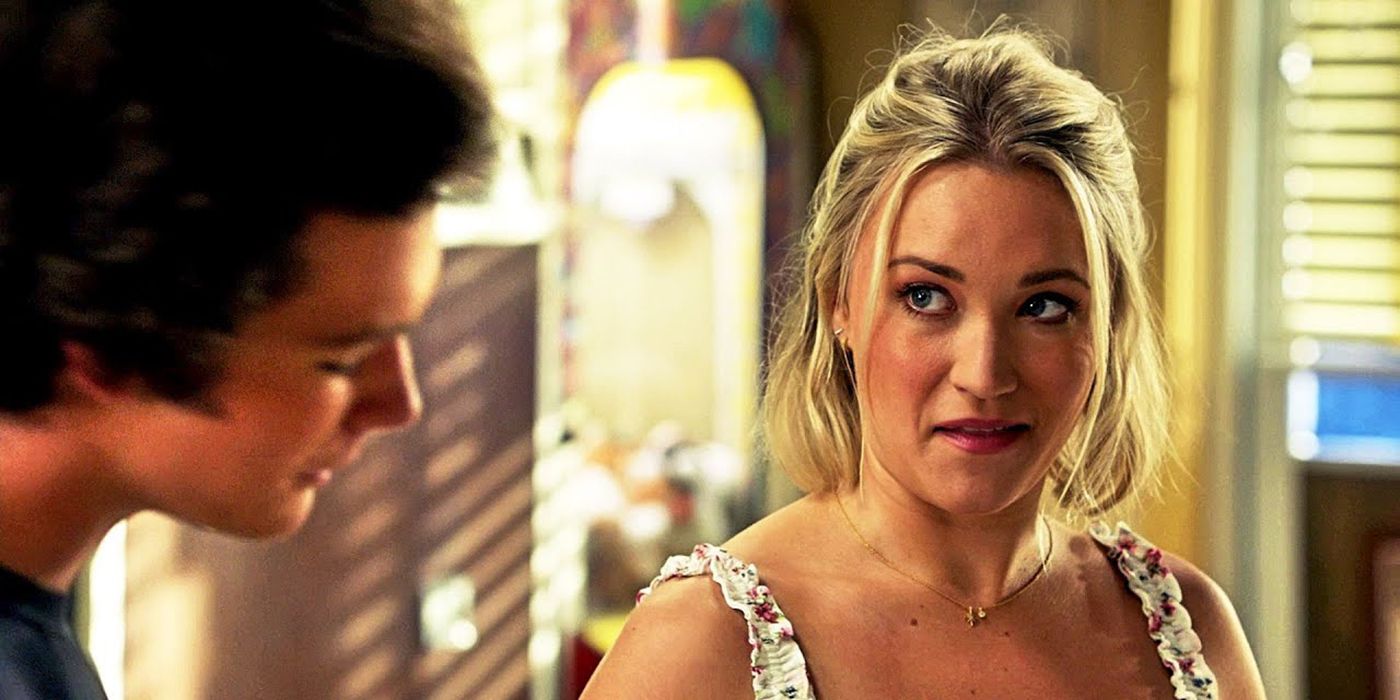





Not a lot is known about Meemaw’s life after the spinoff’s story ends as, like Young Sheldon’s underused Missy, she only played a minor role in The Big Bang Theory. That said, it is clear that Meemaw lives a more sedate lifestyle after Young Sheldon’s finale, judging by the occasional mentions of her in the earlier series. Sheldon carries on a letter-writing correspondence with his grandmother throughout The Big Bang Theory and, in season 4, episode 5, “The Desperation Emanation,” he states that his mother Mary brings Meemaw to the senior center to socialize. This implies she has calmed down considerably.
Meemaw’s main appearance in the series comes in “The Meemaw Materialization,” where she remains fiercely protective of Sheldon but doesn’t otherwise come across as particularly playful or rambunctious. The elderly Meemaw seen in this episode does share the fiery wit seen in Young Sheldon, with her informing Amy that she considered feeding her husband to the hogs when the pair fought. However, June Squibb’s older Meemaw is much less rebellious and daring than her counterpart in the spinoff. Viewers now know this is because The Big Bang Theory’s version of the character was changed by Young Sheldon season 7’s arrest.
| Episode Number | Episode Title | Air Date |
| 1 | “A Weiner Schnitzel and Underwear in a Tree” | February 15 |
| 2 | “A Roulette Wheel and a Piano Playing Dog” | February 22 |
| 3 | “A Strudel and a Hot American Boy Toy” | February 29 |
| 4 | “Ants on a Log and a Cheating Winker” | March 7 |
| 5 | “A Frankenstein’s Monster and a Crazy Church Guy” | March 14 |
| 6 | “Baptists, Catholics, and an Attempted Drowning” | April 4 |
| 7 | “A Proper Wedding and Skeletons in the Closet” | April 11 |


